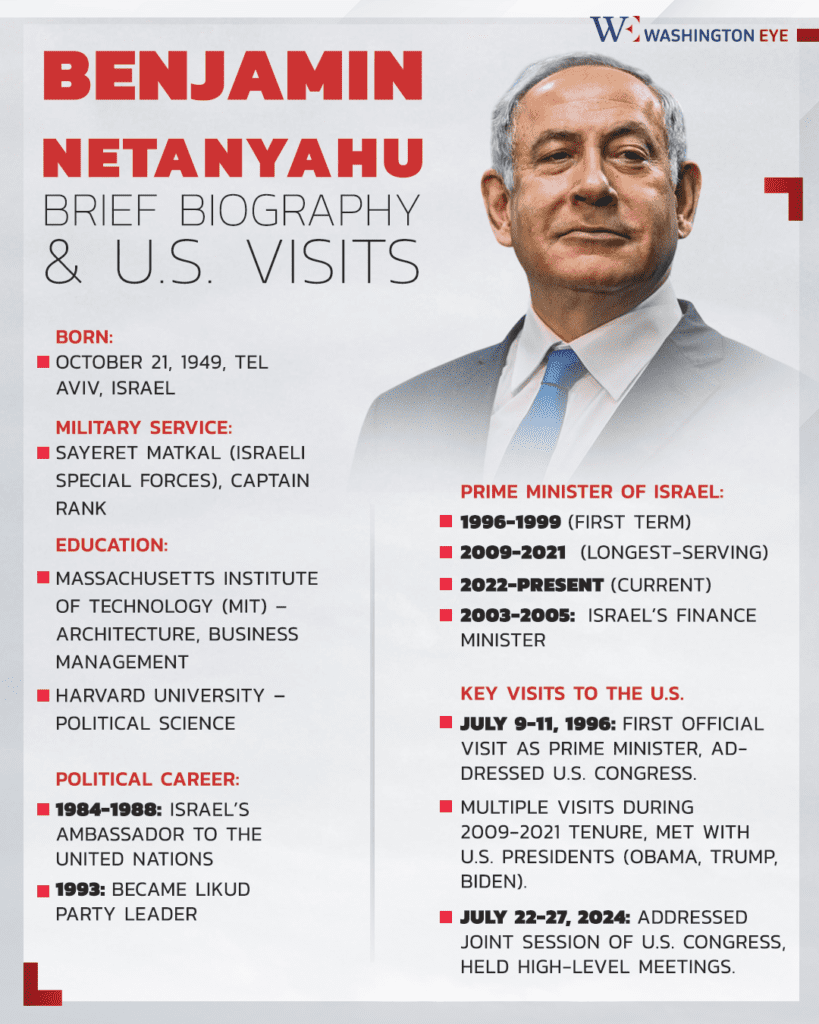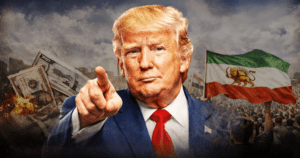Israeli Prime Minister Benjamin Netanyahu met with U.S. President Donald Trump at the White House this week. This meeting marked the first instance of a foreign leader visiting President Trump since his return to office. The discussions centered on pivotal issues affecting the Middle East, including the ongoing conflict in Gaza, strategies to counter Iran’s influence, and efforts to normalize relations between Israel and Arab nations.
A primary agenda item was the ongoing ceasefire in Gaza. The truce, which has been in effect for several weeks, aims to halt the 16-month-long conflict that has caused significant casualties and displacement. Both leaders expressed cautious optimism about the ceasefire’s durability and emphasized the importance of securing the release of hostages held by Hamas. Netanyahu reiterated Israel’s commitment to defeating Hamas and liberating all hostages, highlighting recent reports of the dire conditions endured by those in captivity.
Another critical topic was Iran’s role in the region. Both Netanyahu and Trump have historically taken a hardline stance against Iran’s nuclear ambitions and its support for proxy groups. The meeting underscored a mutual commitment to countering Iran’s influence, with discussions likely touching upon strategies to prevent Iran from capitalizing on the current instability in the Middle East.
Advancing Normalization with the Arab States
The leaders also explored avenues to expand diplomatic relations between Israel and Arab countries. Building upon the foundation laid by the Abraham Accords, there is a concerted effort to bring more nations into normalized relations with Israel. A focal point of these discussions is Saudi Arabia, which has stipulated that any normalization must be accompanied by a resolution addressing Palestinian statehood. Trump aims to broker broader peace agreements, including normalization with Saudi Arabia, which demands a resolution for Palestinian statehood as a condition.
In a move that has sparked regional debate, President Trump suggested the possibility of resettling Gazans in neighboring countries such as Egypt and Jordan. Both nations have firmly rejected this proposal, emphasizing their unwillingness to alter their demographic compositions. The suggestion has added complexity to the already intricate dynamics of Middle Eastern geopolitics.
Domestic and International Reactions
Netanyahu’s visit to Washington has elicited a range of responses. Domestically, he faces pressure from far-right coalition partners who are advocating for a continuation of military operations in Gaza, despite the current ceasefire. Some members have even threatened to withdraw support from the government if hostilities are not resumed. Internationally, the meeting has been viewed as a reaffirmation of the strong U.S.-Israel alliance, though it also highlights the challenges inherent in addressing the multifaceted issues of the region.
The Netanyahu-Trump meeting underscores the enduring partnership between the United States and Israel. As the Middle East continues to navigate a complex web of conflicts and alliances, the outcomes of such high-level discussions play a crucial role in shaping the region’s future. The international community will be closely monitoring the implementation of the strategies and agreements discussed during this pivotal meeting.
















